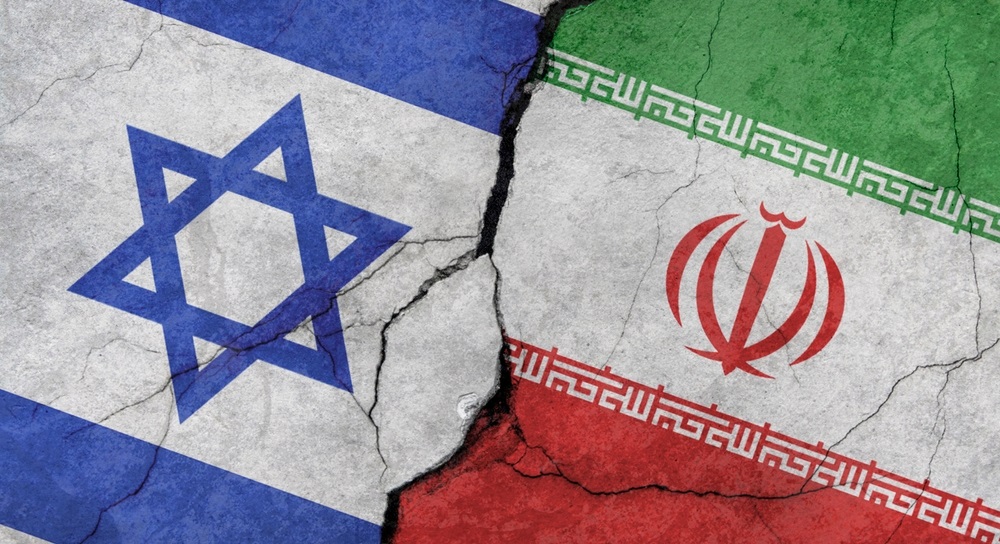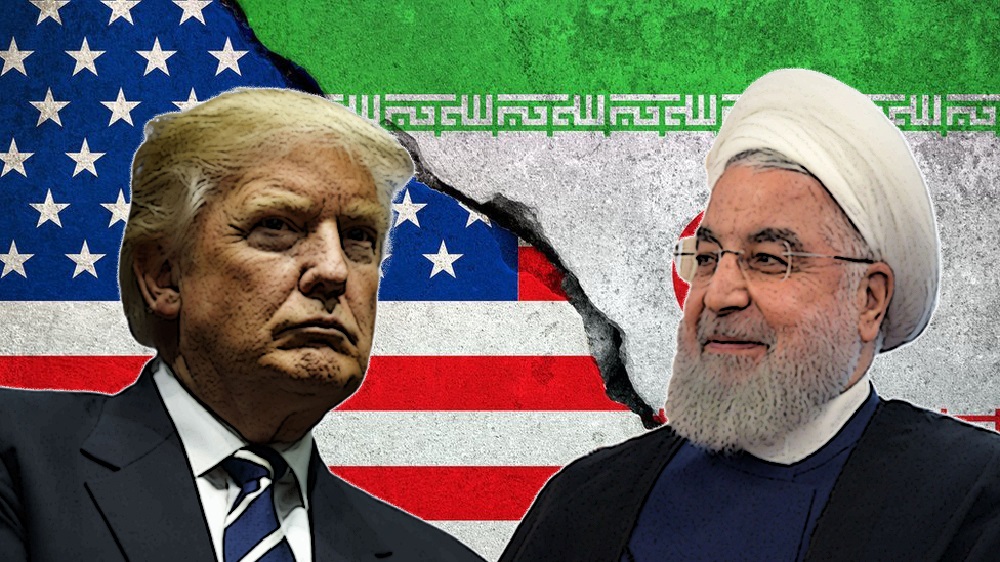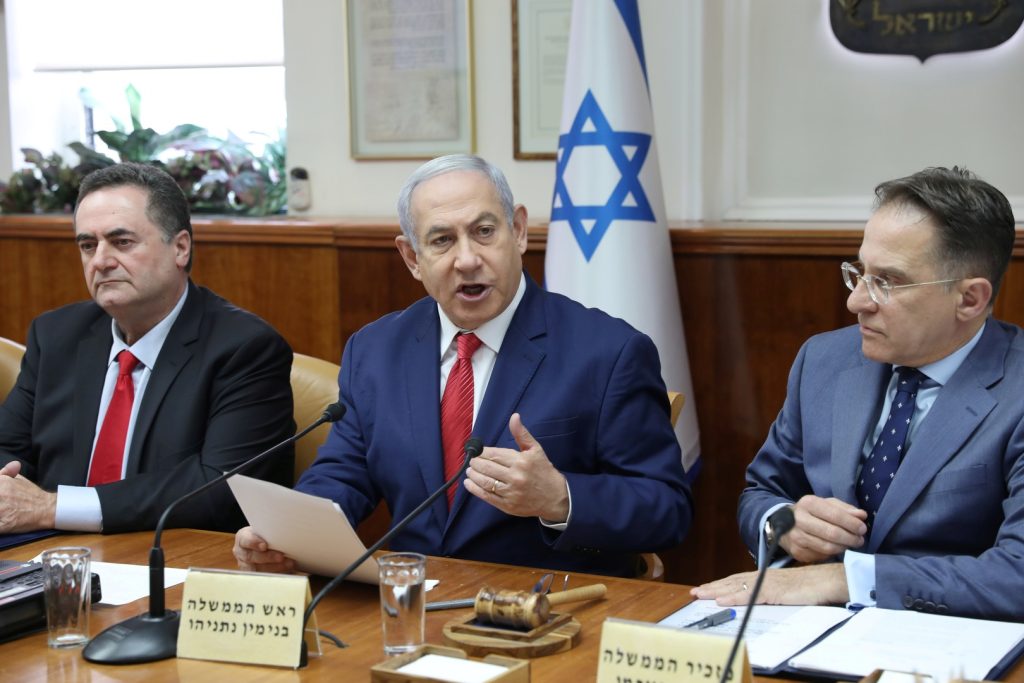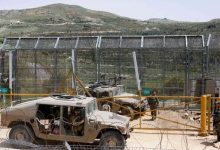Israel May Accept U.S.-Iran Nuclear Deal if Trump Leads It, Says Israeli Political Expert
Hebrew University’s Yonatan Freeman outlines conditions under which Tel Aviv would back a revived nuclear agreement, including U.S. enforcement and Trump’s involvement.

Watan-Israeli political science professor Yonatan Freeman from Hebrew University believes Tel Aviv could accept a potential U.S.-Iran nuclear agreement—if it is a “good” deal, executed and guaranteed by former U.S. President Donald Trump.
Freeman ruled out the likelihood of Prime Minister Benjamin Netanyahu rejecting such a deal, given Trump’s pro-Israel policies during his first term (2017–2021).
The U.S., Israel, and other countries accuse Iran of seeking to develop nuclear weapons, while Tehran insists its nuclear program is for peaceful purposes, such as power generation.
Israel, the only country in the region known to possess nuclear weapons (though undeclared), is not subject to international oversight and continues to occupy Arab lands in Palestine, Syria, and Lebanon.
Freeman recalled that Trump withdrew from the 2015 nuclear deal and supported Israel’s view of it as a “bad deal.” However, he said this doesn’t negate Israel’s willingness to accept a deal—provided it’s a good one.
Since April 12, three rounds of indirect negotiations between Washington and Tehran have been held in Oman and Italy in hopes of reaching a new agreement.
In 2015, the U.S., U.K., France, China, Russia, and Germany signed a deal with Iran, placing limits on its nuclear program in exchange for lifting sanctions. Trump exited the agreement in 2018, citing its failure to address Iran’s ballistic missile program and its temporary nature. He reimposed sanctions to force broader renegotiation, though Iran initially complied for a year before gradually stepping back.

Implementation and Guarantees
Freeman emphasized that implementation is key: “Who will enforce the deal? U.S. inspectors? Will there be American guarantees?”
He expressed Israeli distrust toward international bodies like the UN when it comes to inspections and sanctions. “If it’s a deal implemented by the U.S., Israel will accept it—even grudgingly. But if it’s unsatisfactory, Tel Aviv will voice its opposition.”
He also didn’t rule out military action: “If no deal is reached, we cannot exclude military options—not even by the United States—if Iran remains on track to develop nuclear weapons.”
U.S. Support and Israeli Consensus
Recent Israeli commentators suggested that Tel Aviv hopes the talks collapse. Opposition leaders like former Defense Minister Benny Gantz have advocated for military action to prevent Iran from going nuclear.
Freeman noted there is consensus among Israeli politicians that Israel may have to act alone if Iran crosses the nuclear threshold. He added, “The U.S. continues to support us militarily, and there are many tools we can use against Iran.”
He called for patience with Trump: “It’s only been 100 days of his term—we’re thinking like it’s been 100 years.”
Who Executes the Deal?
Freeman stressed that for Israel, “the key issue is who implements the deal.” Netanyahu has cited Libya’s denuclearization under Qaddafi as an example of a successful agreement accepted by Israel.
If Trump authors the deal and enforces it, Freeman argued it could gain support from the Israeli government, ruling coalition, and public opinion—potentially averting or delaying military confrontation.

Iran-Israel Tensions and Regional Dynamics
Israel and Iran view each other as existential enemies, blaming one another for sabotage and cyberattacks. Freeman stated it would be difficult for Netanyahu to reject a deal crafted by Trump, given Trump’s past pro-Israel actions: recognition of Jerusalem as Israel’s capital, the embassy move, Golan sovereignty recognition, and withdrawal from the Iran deal.
Freeman believes the U.S. is keeping Israel informed during current negotiations—especially in light of the ongoing Gaza war, in which he claimed Iran plays a direct role.
He speculated the deal could serve as a temporary pause on Iran’s program and offer a path toward regional calm.
Toward a Broader Deal?
Freeman suggested that legitimizing a nuclear deal with Iran could strengthen Israel’s legitimacy in the region and encourage new alliances.
On past warnings that Iran was weeks away from developing nuclear weapons, he noted intelligence differences and possible covert actions that delayed progress. He also mentioned Iran’s domestic unrest and economic problems as additional barriers.
Israel’s Scenarios and Options
Freeman summarized Israeli scenarios:
-
If the deal is “good” and enforced by Trump, Israel will likely accept it.
-
If not, military action remains a real possibility.
-
Toppling the Iranian regime could be seen as a way to halt its nuclear ambitions.
-
Israel could also consider ending its nuclear ambiguity if Iran escalates.
He concluded by emphasizing that the threat Iran poses extends beyond Israel and involves other regional states. “Israel is already leading a coalition, possibly with silent partners,” he said, adding that continued Iranian progress could lead to the formation of a broader military coalition.






